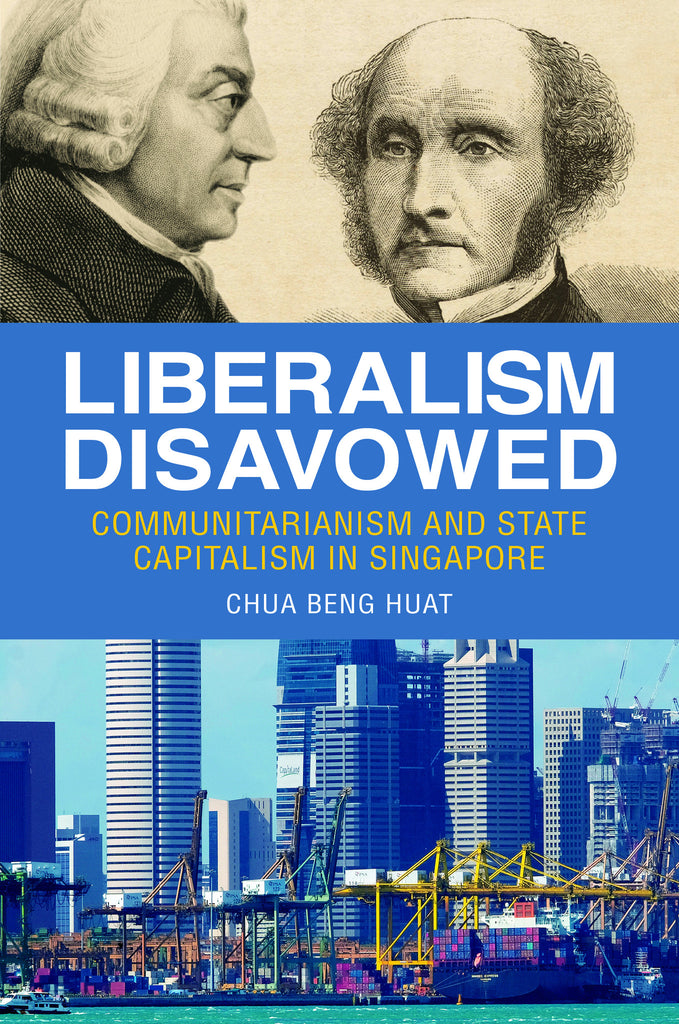234 pages
English language
Published Nov. 20, 2017 by Cornell University Press.

234 pages
English language
Published Nov. 20, 2017 by Cornell University Press.
In Liberalism Disavowed, Chua Beng Huat examines the rejection of Western-style liberalism in Singapore and the way the People's Action Party has forged an independent non-Western ideology.
This book explains the evolution of this communitarian ideology, with focus on three areas: public housing, multiracialism and state capitalism, each of which poses different challenges to liberal approaches. With the passing of the first Prime Minister, Lee Kuan Yew and the end of the Cold War, the party is facing greater challenges from an educated populace that demands greater voice. This has led to liberalization of the cultural sphere, greater responsiveness and shifts in political rhetoric, but all without disrupting the continuing hegemony of the PAP in government.
“… an important book. It's the best discussion of the history and significance of Singapore’s distinctive political economy … theoretically rich, well supported with ample sources, and benefitting from an insider’s perspective.” - Daniel …
In Liberalism Disavowed, Chua Beng Huat examines the rejection of Western-style liberalism in Singapore and the way the People's Action Party has forged an independent non-Western ideology.
This book explains the evolution of this communitarian ideology, with focus on three areas: public housing, multiracialism and state capitalism, each of which poses different challenges to liberal approaches. With the passing of the first Prime Minister, Lee Kuan Yew and the end of the Cold War, the party is facing greater challenges from an educated populace that demands greater voice. This has led to liberalization of the cultural sphere, greater responsiveness and shifts in political rhetoric, but all without disrupting the continuing hegemony of the PAP in government.
“… an important book. It's the best discussion of the history and significance of Singapore’s distinctive political economy … theoretically rich, well supported with ample sources, and benefitting from an insider’s perspective.” - Daniel Bell, author of The China Model